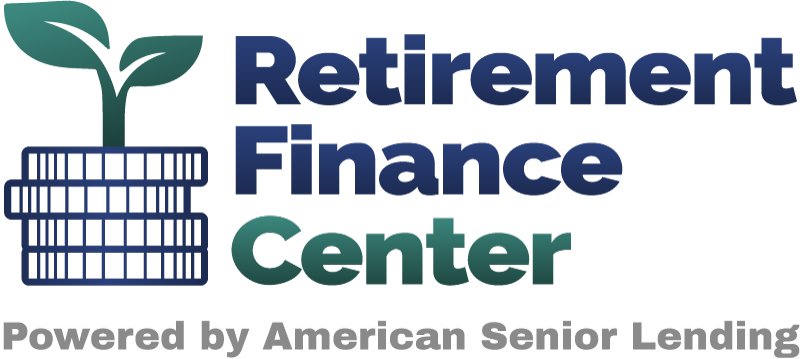What Is a Reverse Mortgage?
A reverse mortgage is a home loan product that has been specifically designed to help seniors aged 62 or older access the equity in their homes. In this short guide, we will cover everything you need to know about what is a reverse mortgage, from what they are, how they work, a handful of features, to how to apply for one. So, let’s get started!
At the end of this article we would encourage you to use our reverse mortgage calculator to gather an estimate of both your eligibility and how much you may qualify to borrow.
All About Reverse Mortgage
A reverse mortgage is a type of loan that allows homeowners aged 62 or older to access the equity in their homes without having to immediately sell their homes or make monthly mortgage payments. Instead, the lender makes payments to the borrower either in a lump sum, monthly payments, or as a line of credit, depending on the borrower’s preference.
The loan balance increases over time as the borrower receives funds, and no repayment is required until the borrower passes away, ceases using the home as the borrower’s primary residence, sells the home, or defaults on the loan terms.
How Does a Reverse Mortgage Work?
When you apply for a reverse mortgage, the lender will evaluate your home’s value, your age, and your financial situation to determine the loan amount you are eligible for. The loan amount will be based on the equity in your home, and you can receive the funds in a lump sum, monthly payments, or as a line of credit.

You can continue to live in your home as long as you meet the loan requirements, such as paying your property taxes and homeowner’s insurance. The loan balance increases over time as you receive funds, and repayment is required when you sell the home, cease using the home as your primary residence, pass away, or default on the loan terms.
Potential Advantages of Using a Reverse Mortgage to Fund Retirement and Life’s Expenses
Like any financial product, reverse mortgages come with many positive aspects that you need to consider when determining if this loan type is right for you.
Here are some of the most well-known features:
Tax-free funds: The money you receive from a reverse mortgage is tax-free, which means you don’t have to worry about paying taxes on the funds you receive. Consult your tax advisor, this is not tax advice.
Flexible payment options: Reverse mortgages offer flexible payment options. You can receive the funds in a lump sum, monthly payments, or as a line of credit.
No monthly mortgage payments: With a reverse mortgage, you don’t have to make monthly mortgage payments to the lender. The loan balance increases over time as you receive funds, and repayment is only required when you sell the home, cease using the home as your primary residence, pass away, or default on the loan terms.
Continue living in your home: You can continue to live in your home as long as you want as long as you meet the loan requirements. As with any mortgage, you must meet your loan obligations, keeping current with property taxes, insurance, and maintenance.
How to Apply for a Reverse Mortgage
To apply for a reverse mortgage, you need to meet certain eligibility criteria, such as being aged 62 or older and having enough equity in your home. Here are the steps to apply for a reverse mortgage:
- Research lenders: Do your research and find a lender that specializes in reverse mortgages.
- Counseling: Before your reverse mortgage can fund, you need to undergo counseling with an HUD-approved counselor. The counselor will explain the loan’s terms and conditions and help you understand the financial implications of the loan.
- Application: Once you have completed counseling, you can start the application process. The lender will evaluate your financial situation, your home’s value, and your age to determine the loan amount you are eligible for.
- Closing: If you are approved for a reverse mortgage, you will need to attend a closing where you sign the loan documents and receive the funds.
Next Steps
In conclusion, a reverse mortgage is a home loan product that can help older Americans access the equity in their homes without having to immediately sell their homes or make monthly mortgage payments. It offers flexible payment options, tax-free funds, and allows you to continue living in your home, given you continue to meet your loan obligations.
However, it comes with higher fees and the risk of default. It’s essential to carefully consider your financial situation and goals before taking out a reverse mortgage. If you’re interested in learning more, consult with an HUD-approved counselor and find a lender that specializes in reverse mortgages with a strong reputation for being ethical and treating seniors with respect.
